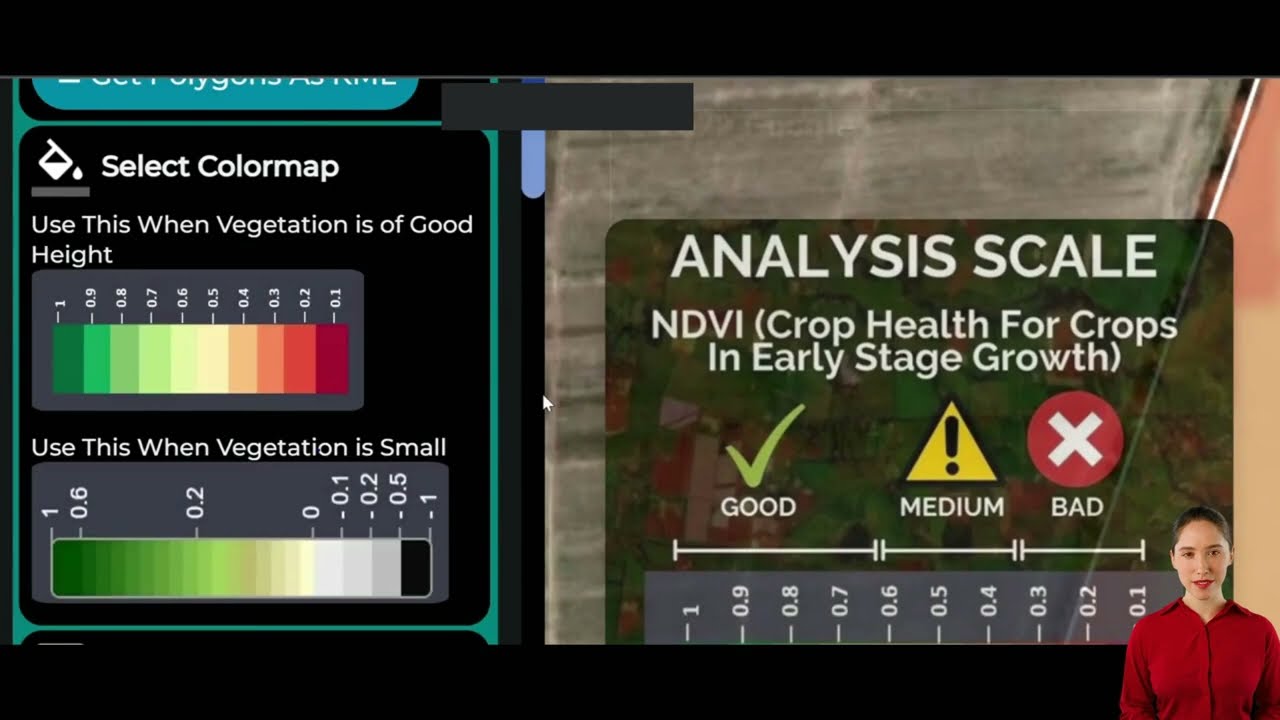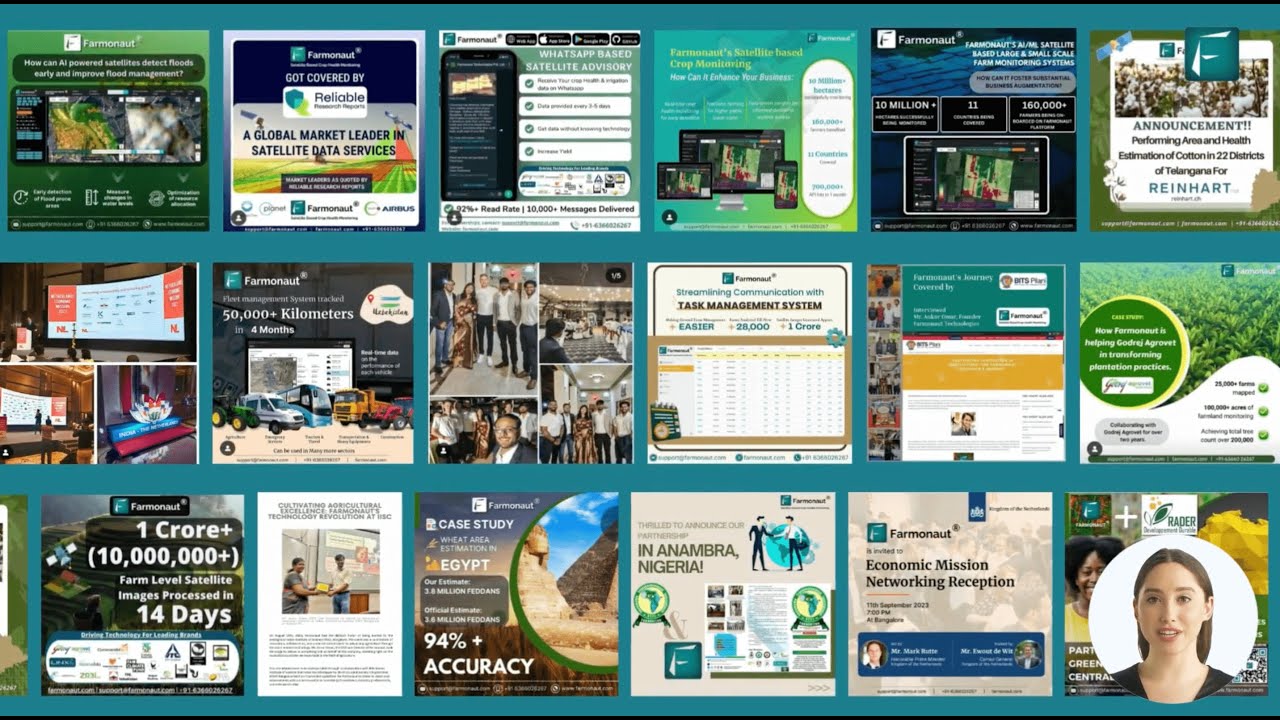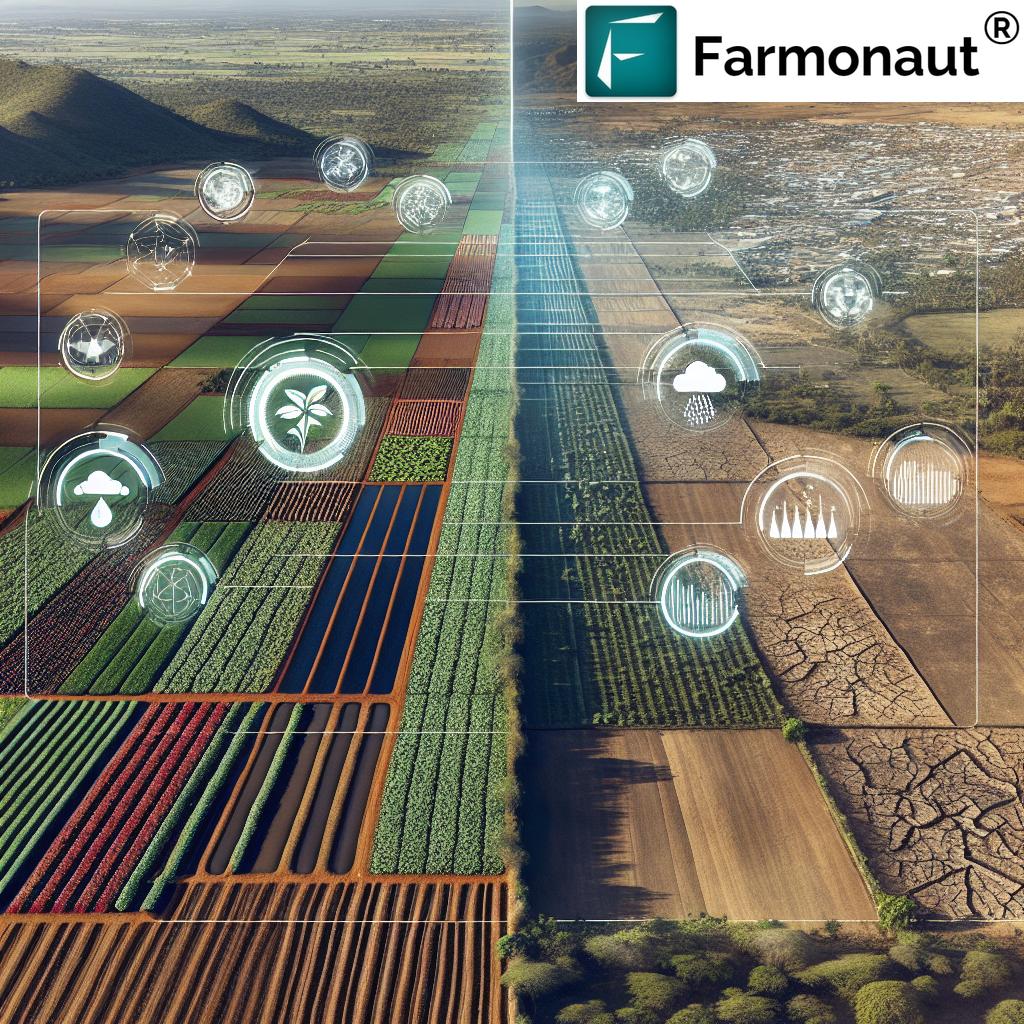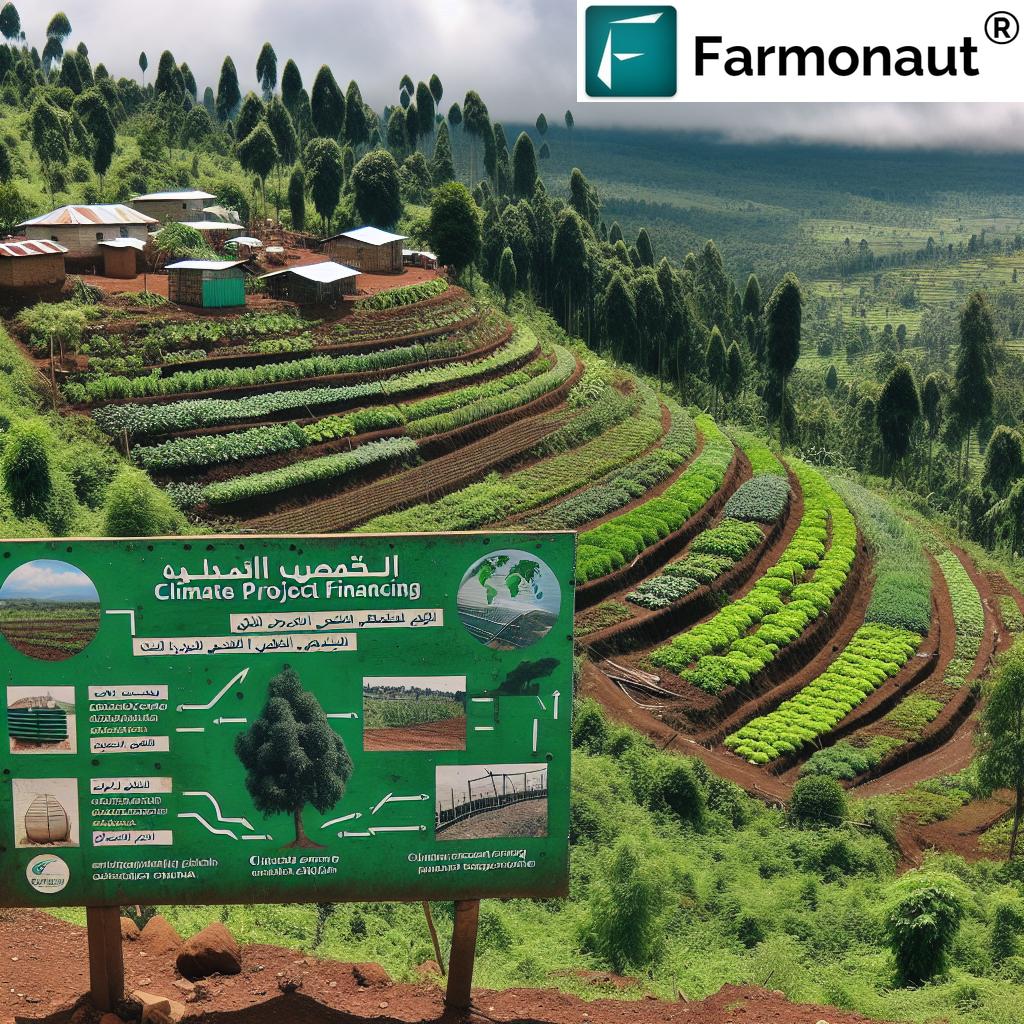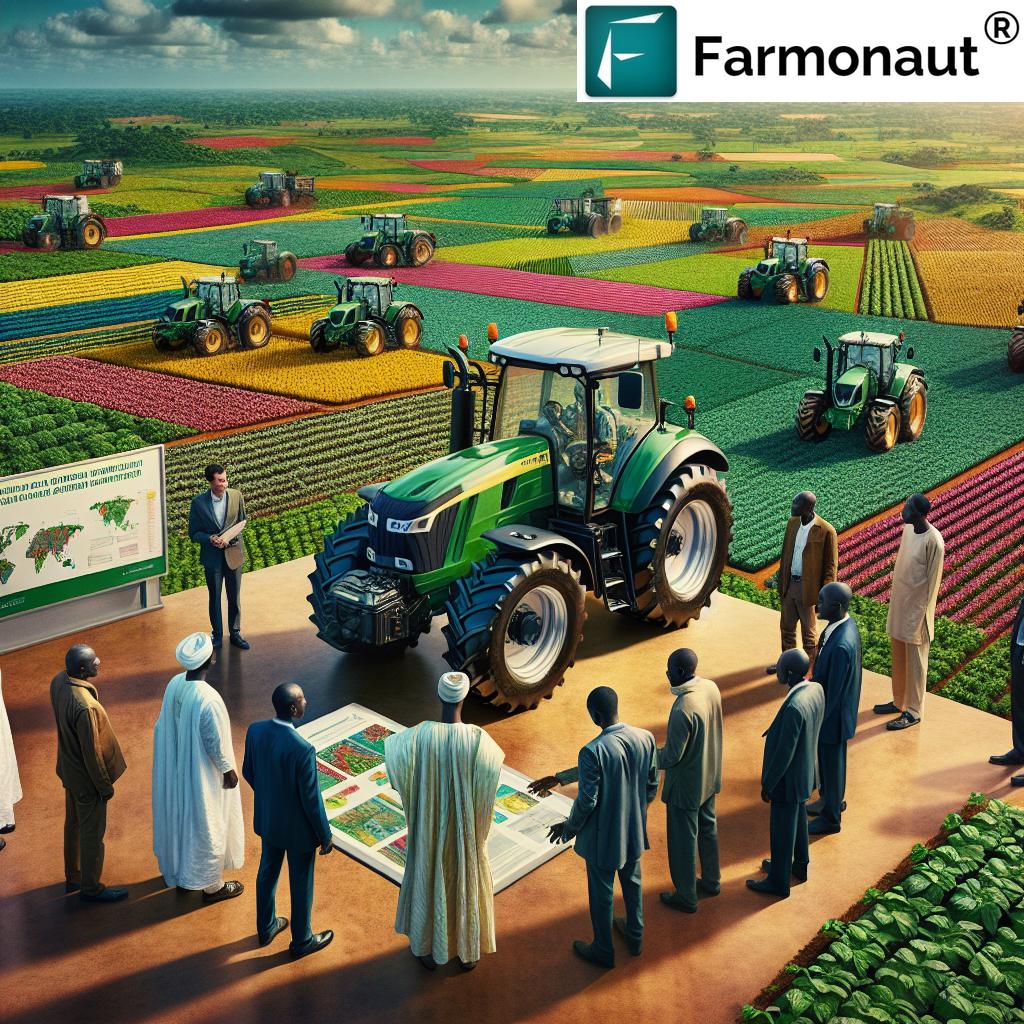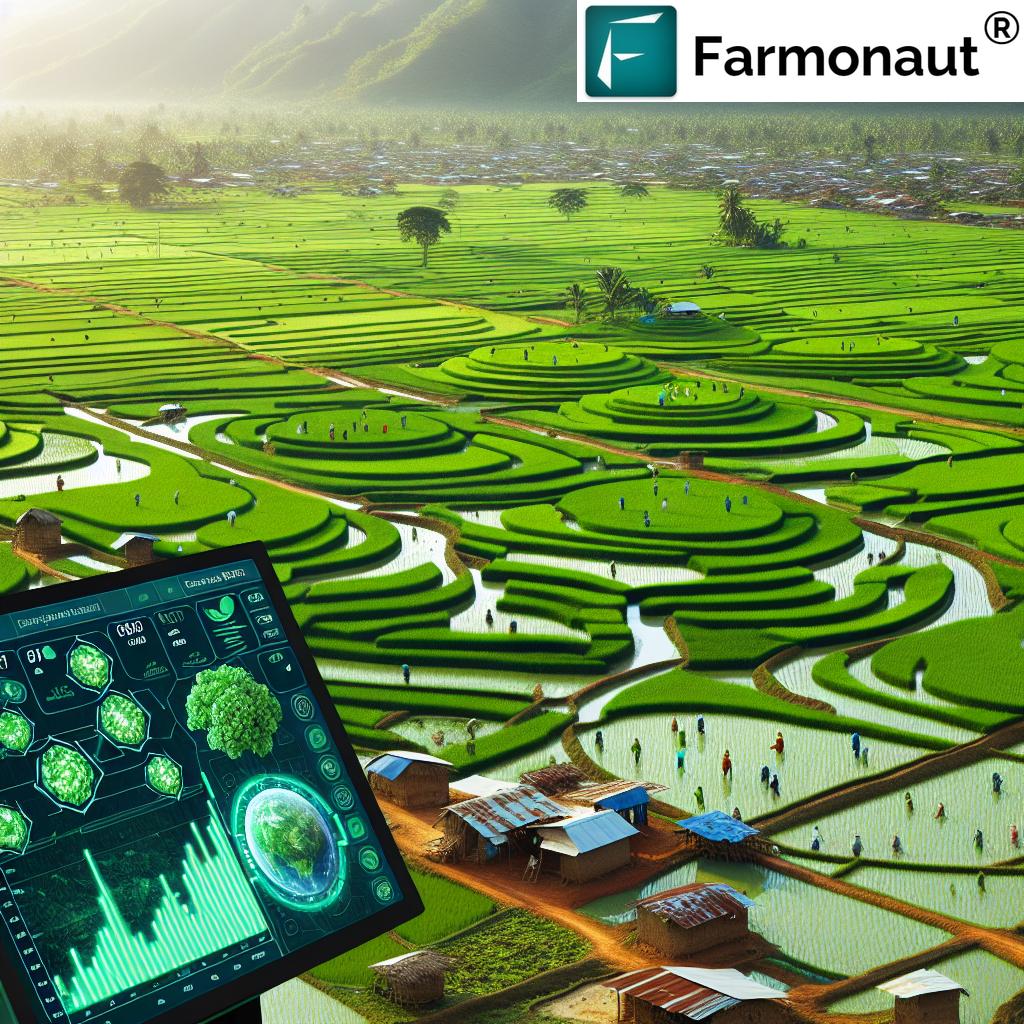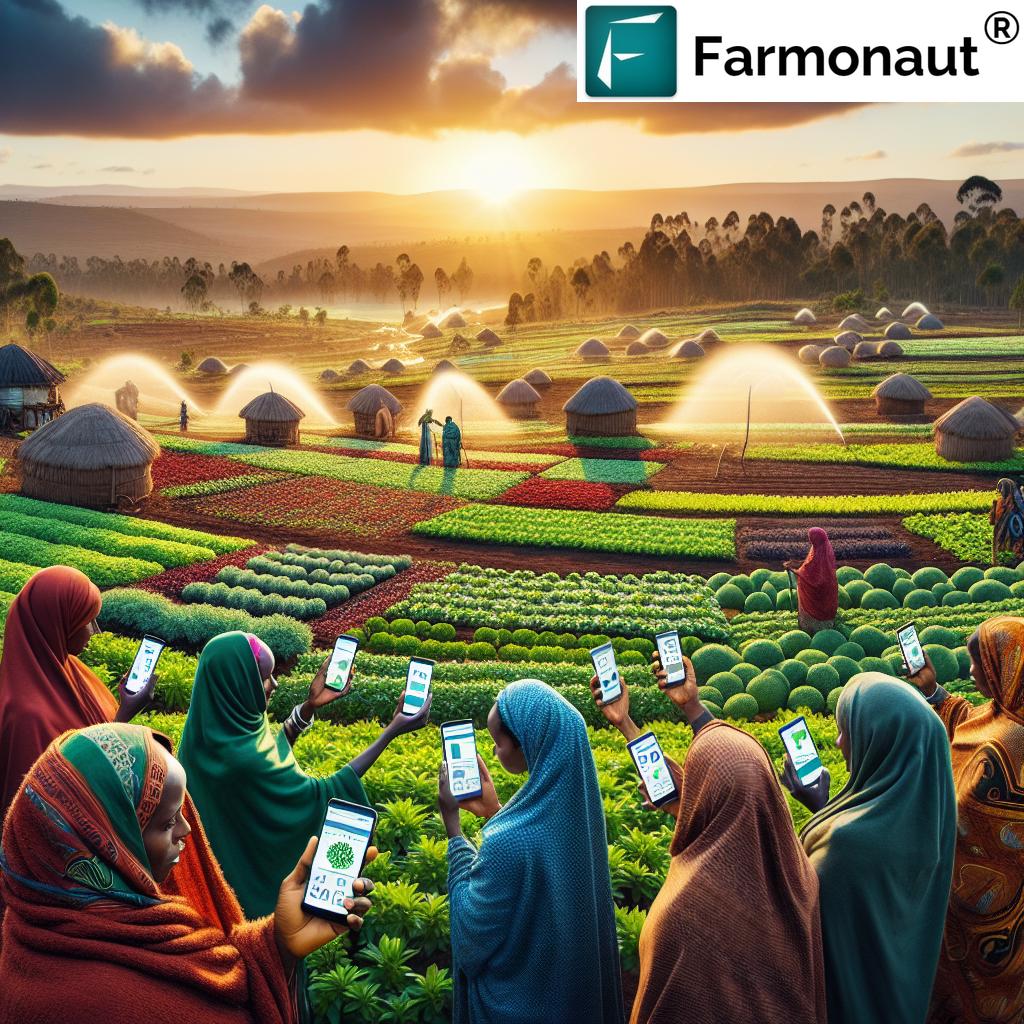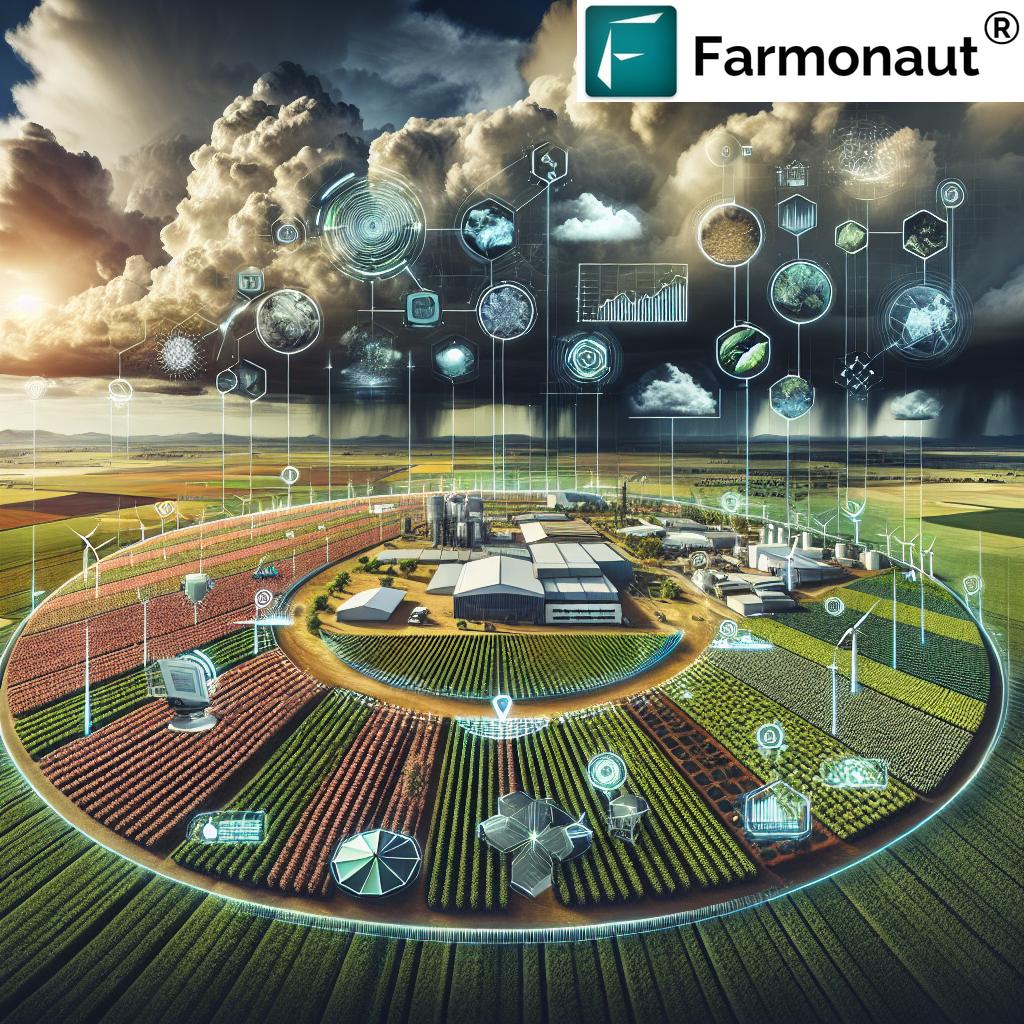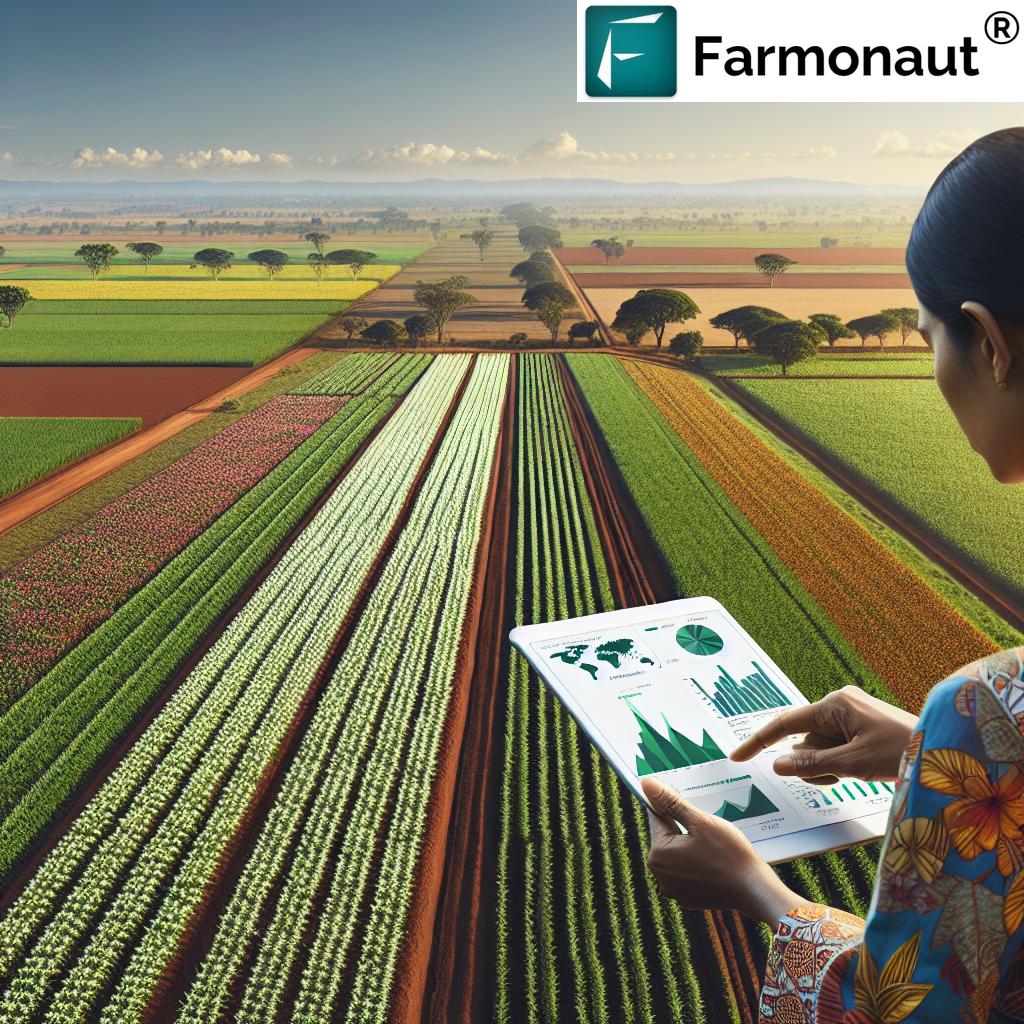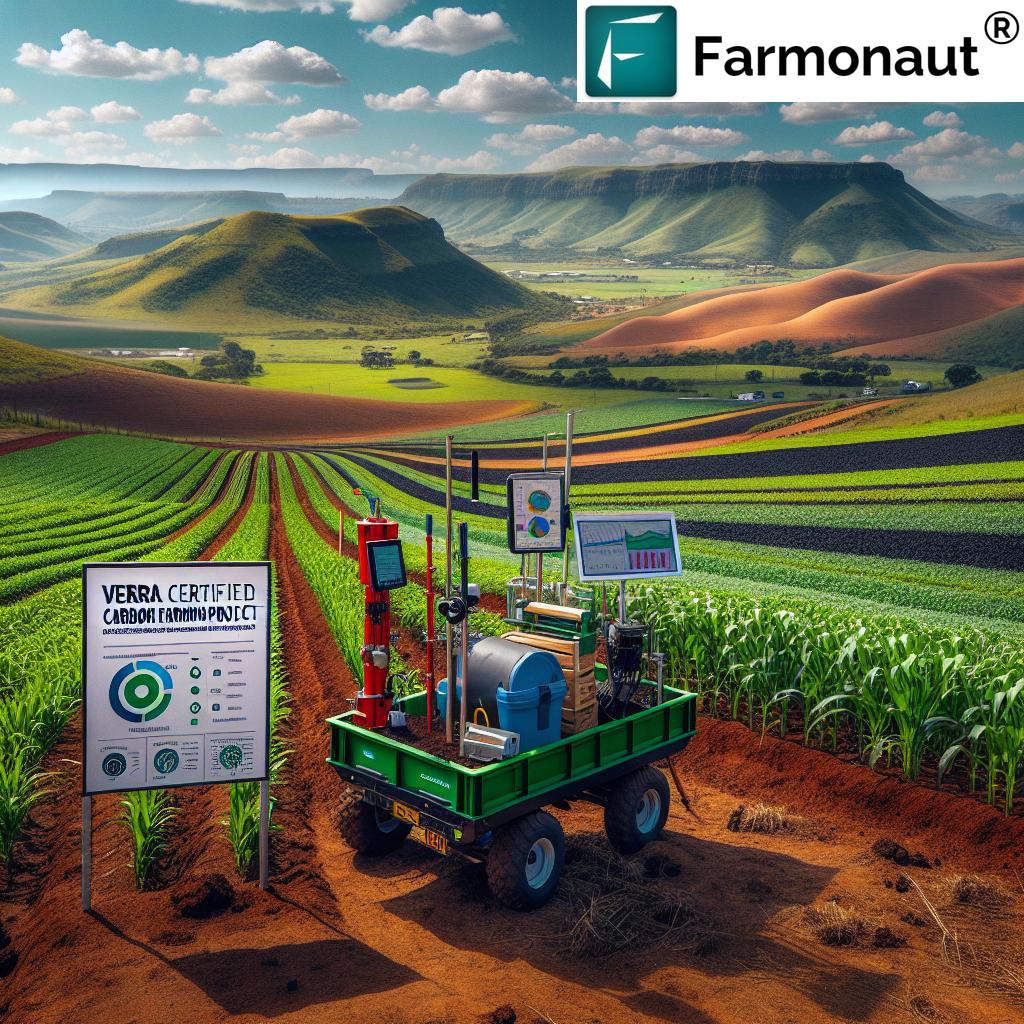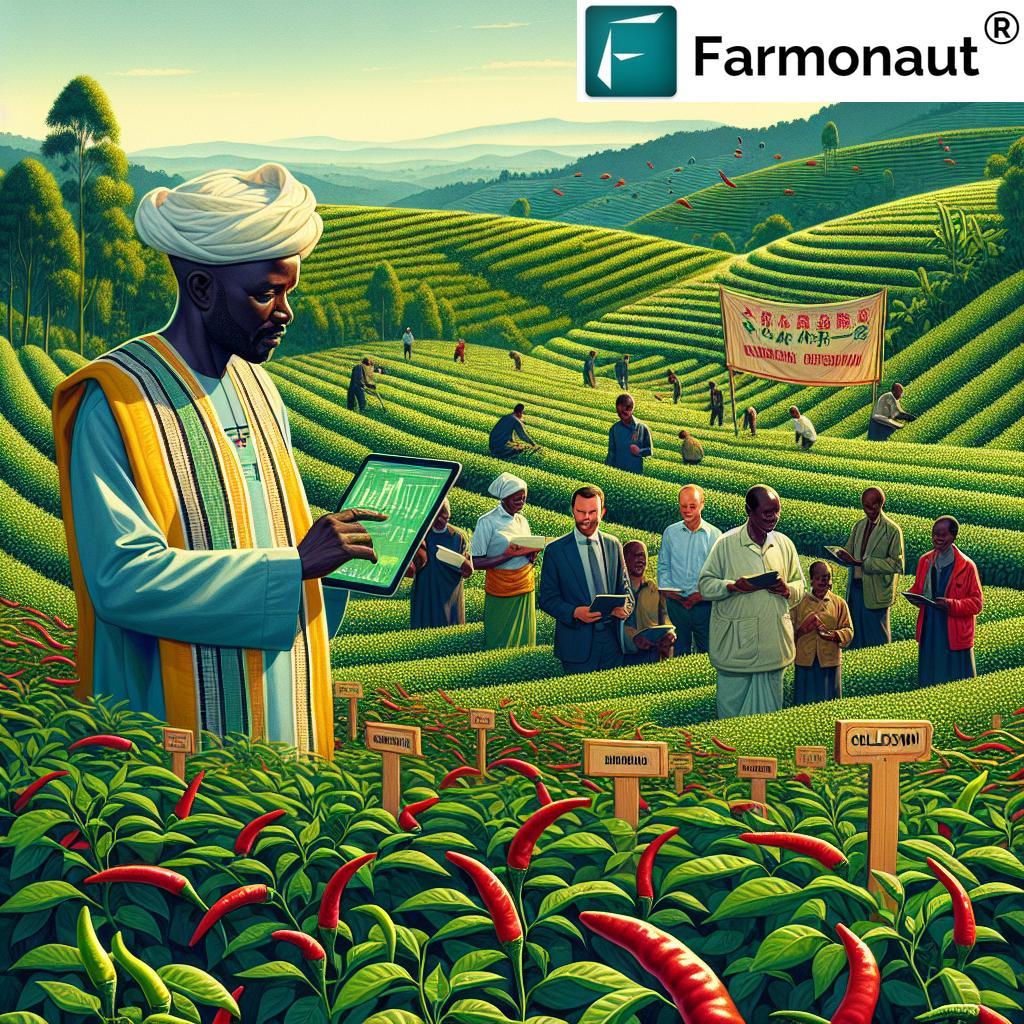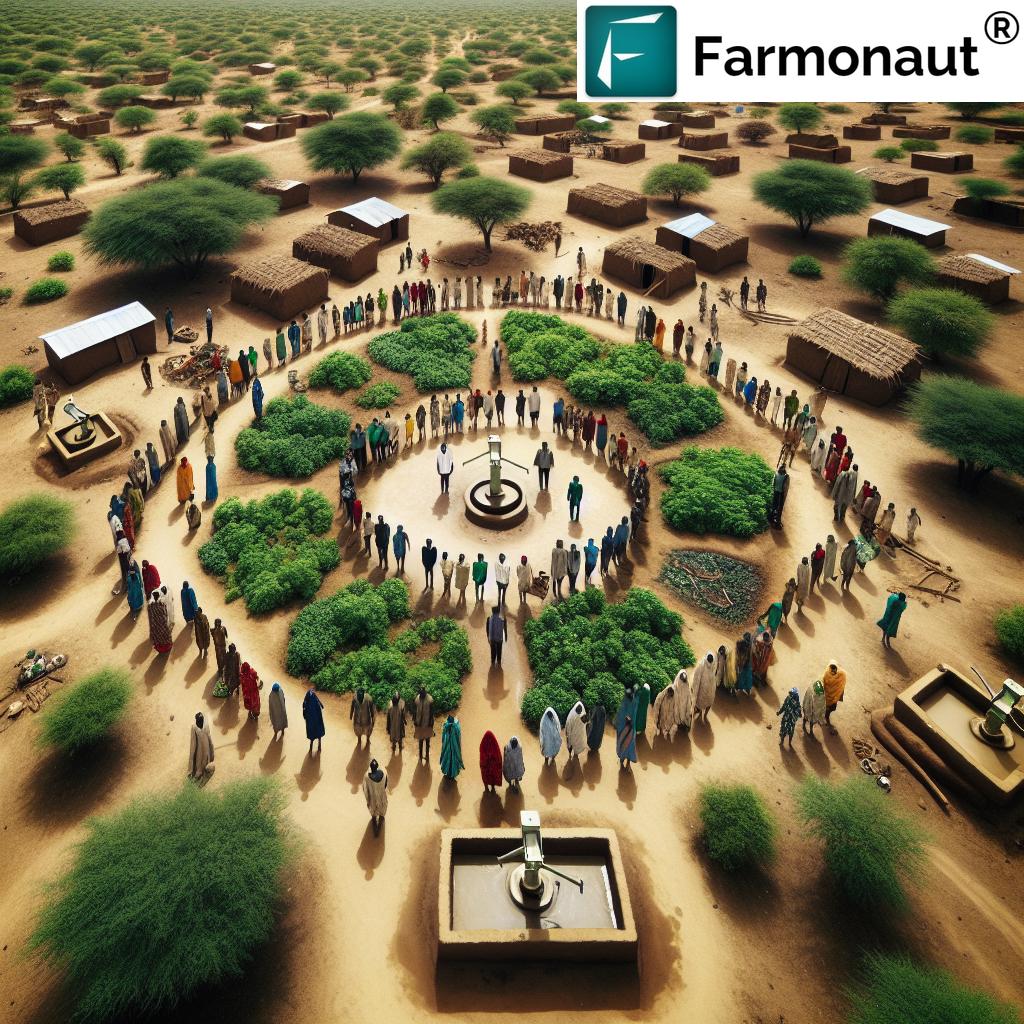Discover Sustainable Agriculture and Cultural Heritage at Praslin Museum: Seychelles’ Eco-Friendly Agricultural Tourism Gem
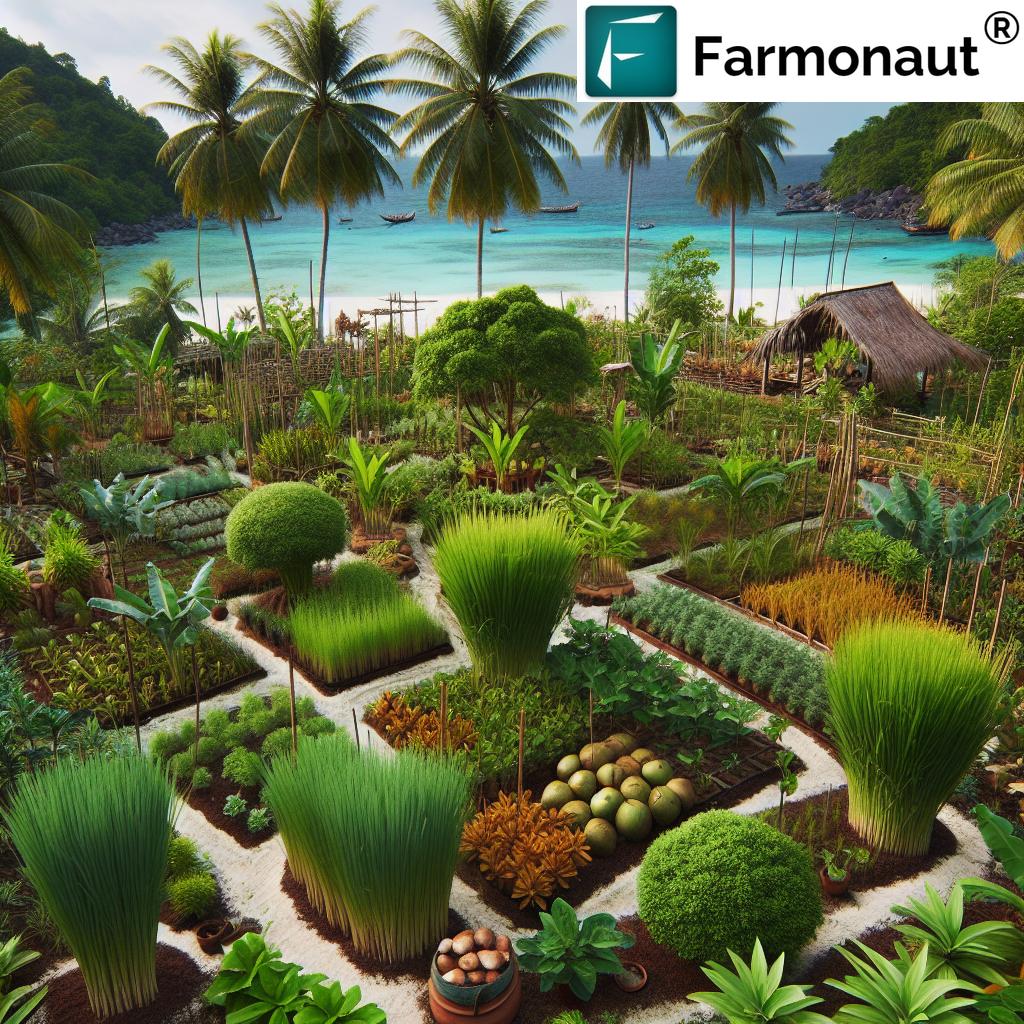
“Praslin Museum’s tortoise enclosure houses a 165-year-old giant, showcasing Seychelles’ commitment to wildlife conservation.”
Welcome to the hidden gem of sustainable agriculture and eco-tourism on Praslin Island, Seychelles. As we embark on this journey through the Praslin Museum, we invite you to explore a world where traditional farming methods meet innovative organic farming techniques, all while celebrating the rich cultural heritage of the Seychellois people. This unique living museum is not just a testament to the island’s agricultural past but also a beacon for sustainable agriculture practices in the modern world.
A Vision of Sustainable Agricultural Tourism
Established by Steve Esther, an experienced agriculturalist and landscaper, the Praslin Museum opened its doors in 2007 with a clear mission: to preserve the cultural assets of Seychelles while enhancing the tourist experience through interactive and educational exhibits. This vision has blossomed into a vibrant attraction that seamlessly blends agriculture, history, and eco-friendly practices.
At the heart of the museum’s philosophy is the concept of agricultural tourism, which allows visitors to engage with and learn about sustainable farming practices firsthand. This approach not only educates tourists about the importance of preserving agricultural heritage but also demonstrates how traditional methods can be integrated with modern, eco-friendly techniques to create a sustainable future.
Exploring the Museum’s Sustainable Attractions
- Tortoise Conservation: The museum’s star attraction is undoubtedly the tortoise enclosure, home to ‘Konmbi’, a 165-year-old gentle giant weighing an impressive 348 kg. Visitors can feed these magnificent creatures, learning about their role in the island’s ecosystem and the conservation efforts to protect them.
- Medicinal Plant Garden: A treasure trove of botanical knowledge, the medicinal plant garden showcases a variety of native Seychellois plants and their traditional uses in healthcare. This exhibit highlights the importance of preserving plant biodiversity and traditional knowledge in modern agriculture.
- Beekeeping for Sustainable Farming: The museum’s beekeeping exhibit offers insights into the crucial role of bees in sustainable agriculture. Visitors can observe these industrious insects at work and learn about the process of honey production, with fresh honey available for purchase.
- Coconut Production Techniques: Interactive demonstrations teach visitors the art of coconut dehusking, grating, and utilizing various parts of the coconut tree, emphasizing the plant’s versatility in sustainable agriculture and daily life.
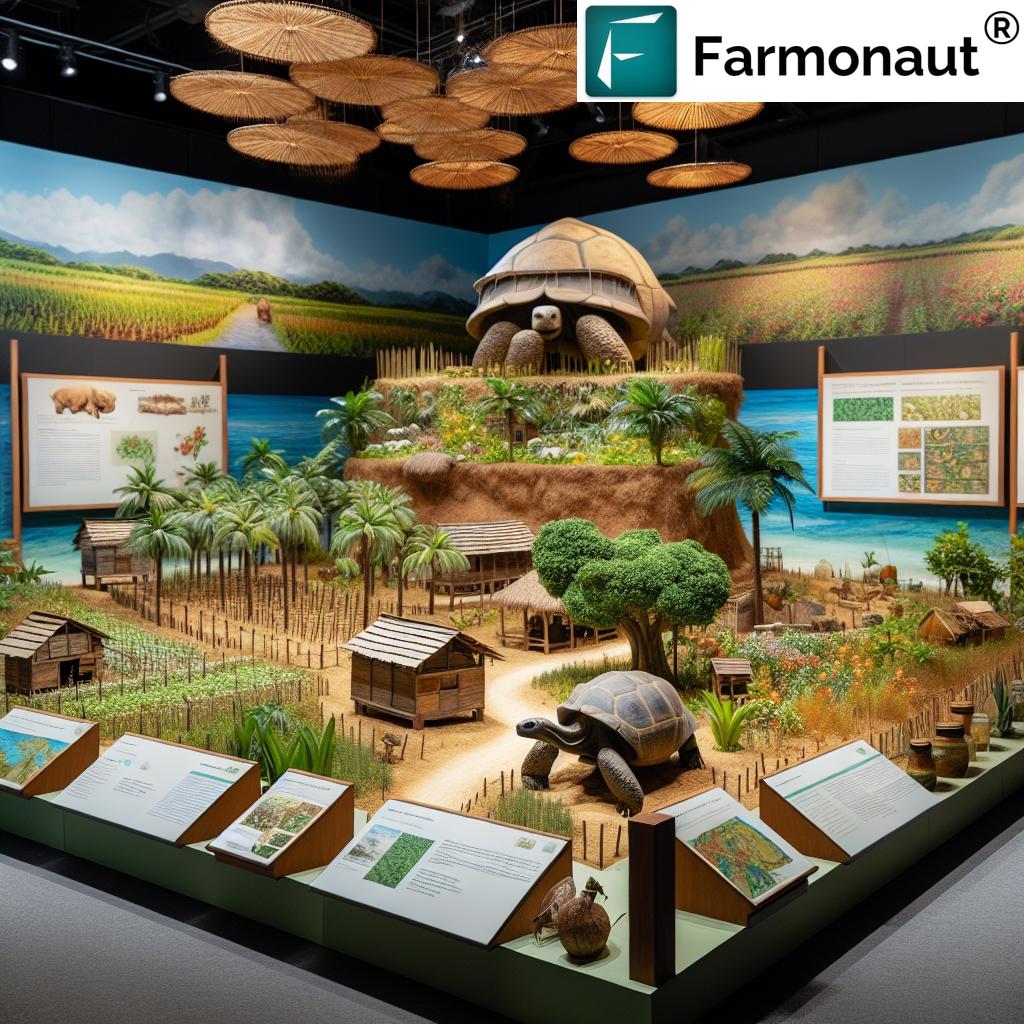
Organic Farming and Tropical Fruit Cultivation
The Praslin Museum is a living showcase of organic farming techniques, demonstrating how traditional methods can be combined with modern sustainable practices to produce a variety of tropical fruits and spices. Visitors can explore:
- Organic cinnamon and vanilla coffee production
- Tropical fruit orchards featuring local varieties
- Sustainable pest management techniques
- Water conservation methods in agriculture
These exhibits not only educate visitors about sustainable agriculture practices but also offer a chance to taste the fruits of these eco-friendly farming methods. The museum’s organic cinnamon products and hand-crafted lemongrass tea blends are particular favorites among visitors, offering a literal taste of Seychellois agricultural heritage.
Cultural Heritage and Traditional Farming Methods
The Praslin Museum goes beyond just showcasing plants and animals; it’s a living testament to the rich cultural heritage of the Seychelles. Visitors can immerse themselves in traditional Seychellois life through various exhibits and activities:
- Traditional Cooking Methods: Demonstrations of age-old cooking techniques using local ingredients and utensils offer a glimpse into the culinary traditions of the island.
- Musical Heritage: Displays of traditional musical instruments, with opportunities for visitors to try their hand at playing them, bring the sounds of Seychellois culture to life.
- Historical Photographs: A curated collection of historical images provides context to the island’s agricultural and cultural evolution over time.
These elements combine to create a rich, multisensory experience that connects visitors to the heart of Seychellois culture and its deep ties to the land.
“Visitors can explore over 10 sustainable farming practices, including coconut production, beekeeping, and organic fruit cultivation.”
Eco-Friendly Agriculture Practices at Praslin Museum
The Praslin Museum is not just a showcase of the past; it’s a living laboratory for eco-friendly agriculture practices that can be applied in modern farming. Some of the key sustainable techniques demonstrated at the museum include:
- Composting and Organic Fertilization: Visitors learn about the importance of soil health and natural fertilization methods.
- Water Conservation: Innovative irrigation systems and rainwater harvesting techniques are on display, showcasing how to manage water resources efficiently in agriculture.
- Biodiversity Preservation: The museum’s approach to maintaining a diverse ecosystem highlights the importance of biodiversity in sustainable farming.
- Natural Pest Control: Organic methods of pest management are demonstrated, reducing reliance on harmful chemicals.
These practices not only contribute to the preservation of the local environment but also serve as educational tools for visitors interested in implementing sustainable agriculture techniques in their own gardens or farms.
The Role of Technology in Modern Sustainable Agriculture
While the Praslin Museum focuses primarily on traditional and organic farming methods, it’s worth noting how modern technology can complement these practices to enhance sustainability in agriculture. For instance, companies like Farmonaut are at the forefront of integrating cutting-edge technology with sustainable farming practices.
Farmonaut’s satellite-based farm management solutions offer farmers worldwide access to precision agriculture tools that can significantly improve sustainability:
- Real-time Crop Health Monitoring: Using satellite imagery, farmers can track the health of their crops without the need for extensive on-ground surveys, reducing the carbon footprint associated with farm management.
- Resource Optimization: AI-driven insights help farmers make informed decisions about irrigation and fertilizer use, minimizing waste and environmental impact.
- Weather Forecasting: Accurate weather predictions allow for better planning and resource management, crucial for sustainable farming practices.
While these technologies are not directly showcased at the Praslin Museum, they represent the future of sustainable agriculture, complementing the traditional methods on display.
Explore Farmonaut’s API for advanced agricultural data
Educational Programs and Workshops
The Praslin Museum’s commitment to education extends beyond casual visits. The museum offers a range of programs and workshops designed to deepen understanding of sustainable agriculture practices and Seychellois cultural heritage:
- School Programs: Tailored educational experiences for students of all ages, focusing on the importance of biodiversity and sustainable farming.
- Cooking Workshops: Hands-on sessions teaching traditional Seychellois recipes using locally grown, organic ingredients.
- Gardening Classes: Practical lessons on organic gardening techniques, composting, and pest management for home gardeners.
- Cultural Heritage Workshops: Interactive sessions on traditional crafts, music, and dance, preserving Seychellois cultural practices.
These educational initiatives play a crucial role in preserving agricultural heritage and promoting sustainable practices among both locals and tourists.
The Impact of Agricultural Tourism on Local Economy
The Praslin Museum’s approach to agricultural tourism has had a significant positive impact on the local economy of Praslin Island:
- Job Creation: The museum employs local guides, gardeners, and artisans, providing valuable employment opportunities.
- Promotion of Local Products: By showcasing and selling locally produced organic goods, the museum supports small-scale farmers and artisans.
- Tourism Diversification: The museum offers an alternative to traditional beach tourism, attracting a diverse range of visitors interested in culture and sustainability.
- Educational Tourism: The museum has become a destination for students and researchers, contributing to the island’s reputation as a center for sustainable agriculture studies.
This model of agricultural tourism demonstrates how preserving cultural heritage and promoting sustainable practices can create economic opportunities while protecting the environment.
Check out Farmonaut’s API Developer Docs for integration possibilities
Sustainable Practices at Praslin Museum: A Comparison
| Sustainable Practice | Description | Environmental Impact |
|---|---|---|
| Organic Farming | Cultivation of fruits and spices without synthetic pesticides or fertilizers | Reduces chemical runoff by approximately 80% |
| Beekeeping | Maintaining bee colonies for honey production and pollination | Enhances crop yields by up to 30% through improved pollination |
| Traditional Cooking Methods | Use of energy-efficient, traditional cooking techniques | Reduces energy consumption by 40% compared to modern methods |
| Coconut Production | Full utilization of coconut tree parts for various purposes | Near-zero waste production, 100% biodegradable products |
| Tortoise Conservation | Maintaining and protecting native tortoise species | Contributes to biodiversity conservation and ecosystem balance |
The Future of Sustainable Agriculture at Praslin Museum
As the Praslin Museum continues to evolve, it remains committed to its core mission of preserving Seychellois agricultural heritage while promoting sustainable practices. Future plans for the museum include:
- Expanded Organic Farming Area: Increasing the variety of crops grown using sustainable methods.
- Renewable Energy Integration: Implementing solar panels and other green energy solutions to power museum operations.
- Advanced Water Management Systems: Developing more sophisticated rainwater harvesting and irrigation techniques.
- International Collaborations: Partnering with global institutions to exchange knowledge on sustainable agriculture practices.
These initiatives will further cement the Praslin Museum’s position as a leader in sustainable agricultural tourism and a model for eco-friendly attractions worldwide.
Visitor Experience and Engagement
The Praslin Museum offers a unique, immersive experience that engages visitors on multiple levels:
- Interactive Exhibits: Hands-on demonstrations of coconut processing, tea making, and traditional cooking methods.
- Guided Tours: Knowledgeable local guides provide in-depth explanations of the museum’s exhibits and their significance.
- Tasting Sessions: Opportunities to sample organic fruits, spices, and locally produced beverages like lemongrass tea.
- Photo Opportunities: Scenic spots throughout the museum grounds for capturing memories of the visit.
- Gift Shop: A chance to purchase locally made, sustainable products as souvenirs.
These elements combine to create a memorable experience that educates and inspires visitors about sustainable living and the rich cultural heritage of Seychelles.
Connecting Technology and Tradition in Agriculture
While the Praslin Museum focuses on traditional and organic farming methods, it’s interesting to consider how modern technology can complement these practices. For instance, precision agriculture tools like those offered by Farmonaut can enhance sustainability even in traditional farming settings:
- Satellite Crop Monitoring: Helps identify areas of stress in crops, allowing for targeted interventions.
- Weather Forecasting: Precise weather predictions can inform planting and harvesting decisions.
- Resource Management: AI-driven insights can optimize water and fertilizer use, reducing waste.
While not directly implemented at the museum, these technologies represent the future of sustainable agriculture, bridging the gap between traditional wisdom and modern innovation.
FAQs about Praslin Museum and Sustainable Agriculture
- Q: What are the opening hours of the Praslin Museum?
A: The museum is typically open daily from 9 AM to 5 PM, but it’s always best to check their official website or contact them directly for the most up-to-date information. - Q: Is the museum suitable for children?
A: Yes, the Praslin Museum offers interactive exhibits and activities that are engaging for visitors of all ages, including children. - Q: Can visitors purchase organic products from the museum?
A: Yes, the museum has a gift shop where visitors can buy locally produced organic products, including spices, teas, and handcrafted items. - Q: How long does a typical visit to the museum last?
A: A comprehensive tour of the museum and its grounds usually takes about 2-3 hours, but visitors are welcome to spend more time exploring at their leisure. - Q: Are guided tours available?
A: Yes, the museum offers guided tours led by knowledgeable local staff who can provide in-depth information about the exhibits and sustainable agriculture practices. - Q: How does the museum contribute to local conservation efforts?
A: The museum actively participates in conservation through its tortoise sanctuary, preservation of native plant species, and promotion of sustainable farming practices. - Q: Can visitors participate in hands-on activities?
A: Yes, the museum offers various interactive experiences, such as coconut dehusking demonstrations and traditional cooking workshops. - Q: Is the museum accessible for visitors with mobility challenges?
A: While efforts have been made to improve accessibility, it’s best to contact the museum directly to discuss specific needs and available accommodations. - Q: How does the museum integrate modern technology with traditional farming methods?
A: While focusing primarily on traditional techniques, the museum acknowledges the role of modern technology in sustainable agriculture through educational exhibits and discussions. - Q: Are there any special events or workshops held at the museum throughout the year?
A: The museum occasionally hosts special events, workshops, and seasonal activities. Check their official website or social media channels for upcoming events.
Conclusion: A Model for Sustainable Agricultural Tourism
The Praslin Museum stands as a shining example of how agricultural tourism can successfully blend cultural preservation, environmental conservation, and sustainable agriculture practices. By offering visitors a hands-on, immersive experience in traditional Seychellois farming and culture, the museum not only educates but also inspires a deeper appreciation for sustainable living.
As we face global challenges in agriculture and environmental conservation, institutions like the Praslin Museum play a crucial role in demonstrating how traditional wisdom can be combined with modern sustainable practices to create a more environmentally friendly and culturally rich world. Whether you’re a sustainability enthusiast, a culture lover, or simply a curious traveler, a visit to the Praslin Museum offers a unique and enriching experience that showcases the best of Seychelles’ agricultural heritage and its vision for a sustainable future.
We encourage you to explore this eco-friendly agricultural tourism gem and discover for yourself the wonders of sustainable agriculture and cultural heritage in the heart of Seychelles.






